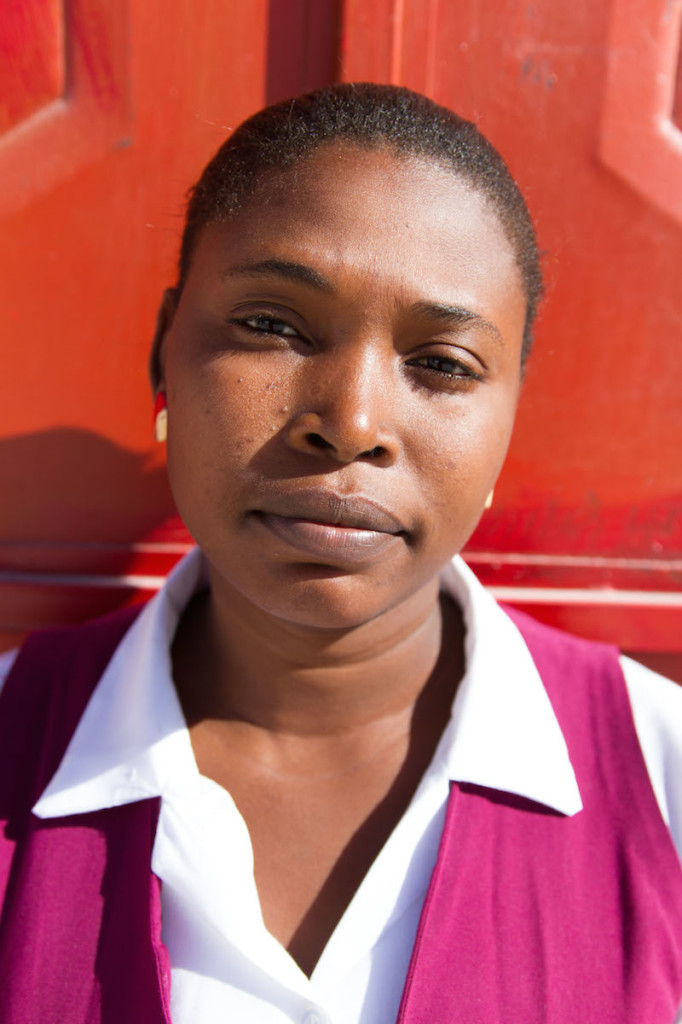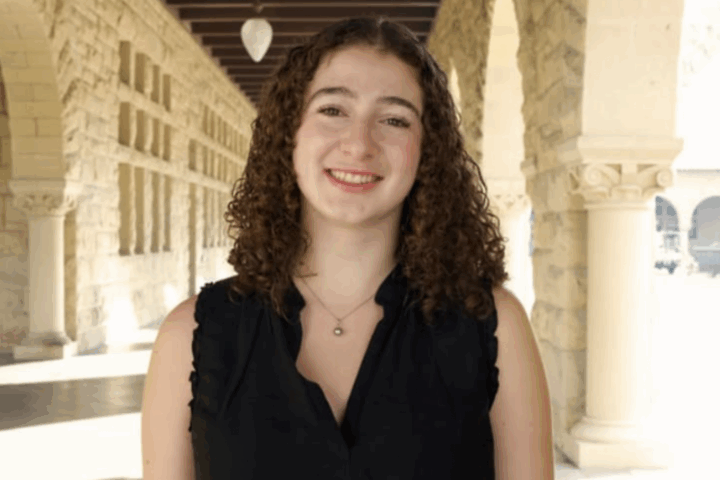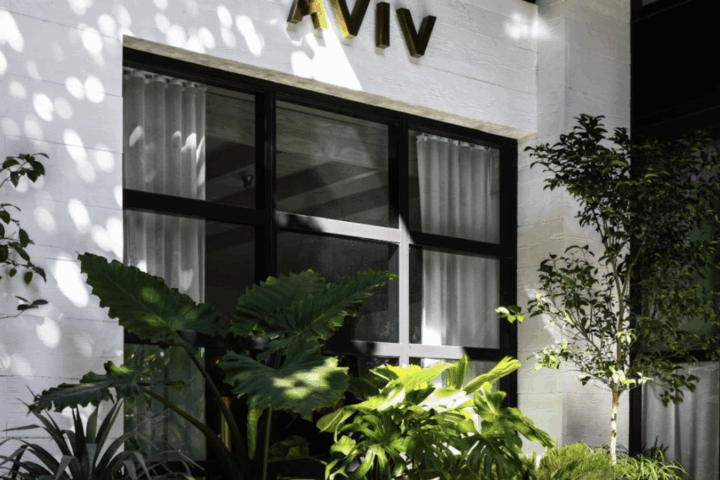
Two weeks ago, we embarked on a journey to the poorest country in the Western Hemisphere: Haiti. Although the third world country has its economic issues, if there is one thing that we learned about Haiti, it is that it may be the richest country in diligence, laughter, and hope for improvement.
Our group, which consisted of ten Fieldston Upper students, three Fieldston Upper teachers, and eight out-of-school participants (teachers and family members), ventured to the Andrew Grene High School located in Cit Soleil, Port-au-Prince. Our objective was to create an English clinic that could teach various language skills to the children living there. We formed seven classes, each composed of both Fieldston students and teachers: poetry, music, pragmatic conversation, story telling, art, pen-pal letter writing, and reading and writing. After five days of teaching, our preconceived notions of the high school students’ abilities were completely dispelled, and we found ourselves in awe of their talent as well as their comfort in sharing their stories with us.
It was only by the magic of Mr. Gregory Grene, a Fieldston English Department newcomer, that this trip was able to take form in only two months. In 2010, Mr. Grene’s twin brother Andrew lost his life in the catastrophic earthquake that shook Haiti both literally and figuratively. Andrew was the right-hand man to the Haitian Secretary General, an integral position in the United Nations. He had hope for Haiti’s future, especially in education. In order to uphold his brother’s legacy, Gregory Grene founded the Andrew Grene Foundation. Many Fieldstonians do not know about the foundation’s endeavors and accomplishments. Hence, Mr. Grene’s sole goal of the foundation: to honor his brother’s memory by improving the quality of life in Haiti, one step at a time. We were fortunate enough to enter Mr. Grene’s world (even for just a week) and be a part of, in the words of Ms. Reynolds, a “paradigm-shifting” trip. Mr. Grene said that “the students on this trip were a testament to exactly the ideals upon which this school has been founded. On the day we arrived,” he continued, “having [been traveling since] 3:00am, at 4:00pm the students were intently at work, tirelessly and uncomplainingly packing backpacks in 95 degree weather at a school in Haiti. From that point through to the very end of the trip,” he said, “everything the students did was to the finest degree selfless, compassionate, and most-importantly, joyful.”
In some ways, I think that the Fieldston students on the trip learned more than the Haitians that we taught. The students of the AGF High School, like Fieldston students, are highly self-motivated. Yet their futures are full of uncertainty due to the country in which they were born. Many of us Fieldston students work tirelessly through high school with the goal of going to our chosen college always in mind. We live in a bubble in which the vast majority of us receive a higher education (and those who do not, choose not to). For the students of the AGF High School, though, as Gillian Nissenbaum (V) put it perfectly, “it’s a matter of ‘if’ instead of ‘where’.” These students are truly learning for the sake of learning.
I have been thinking a lot about the significance of this trip for ECFS as a whole. Our community service department puts so much emphasis on domestic fieldwork, and yet there is an abundance of student-driven ambition towards worthy foreign causes. Before our trip, I thought it was impossible for the two to coexist. So as this gigantic world becomes smaller and smaller and our global network grows, I believe it is most important to make sure all children are educated, regardless of where the lottery of life drops them first.





